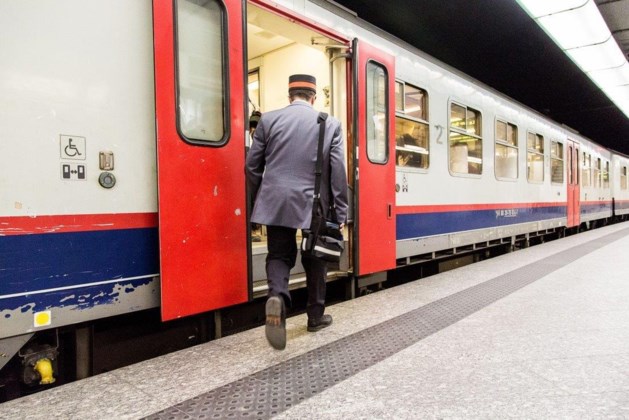© Belgian
Nearly 8,000 employees of NMBS and Infrabel must undergo a security screening by the police in the coming months. But why exactly?
In concrete terms, this concerns 3,300 NMBS and 4,600 Infrabel employees with a so-called ‘critical’ position. This ranges from train drivers to people in the signal boxes or control and surveillance areas. All security officers must also undergo screening, just like specialized staff at infrastructure manager Infrabel, such as technicians who monitor and maintain the telecommunications system.
“The screening is done on the authority of and by the National Security Council of the federal government,” says Dieter Vangeel of HR Rail, the legal employer of all Belgian railway personnel. To this end, this National Security Council calls on specialists from the police, State Security, but also the Defense Intelligence Service (ADIV).
Nuclear power plants
“This screening now takes place automatically for new employees. But in the near future, all existing staff in crucial positions will also be screened,” Vangeel added. Just as it happens for many other government functions, ranging from police officers to soldiers, or employees of nuclear power stations or airports.
The railways emphasize that the company itself does not have access to the safety reports on their employees. “We are only told whether the screening yielded a favorable or unfavorable result.” This does not alter the fact that there is a chance that anyone who is screened unfavorably will no longer be able to continue working for the railways or can no longer perform a critical function. “The person concerned can, however, always appeal against the result.”
Conings
Since the attacks of March 2016 and various incidents with radicalized compatriots – such as with soldier Jürgen Conings – the De Croo government decided to significantly tighten the screening of government personnel. While this used to happen mainly during recruitment, it is now the intention that people in critical positions are thoroughly screened again by the security services at least every five years.
